Trump’s fossil future heralds a global reset
Embrace of oil and gas may help curb US inflation but will also shatter international harmony on use of green energy.
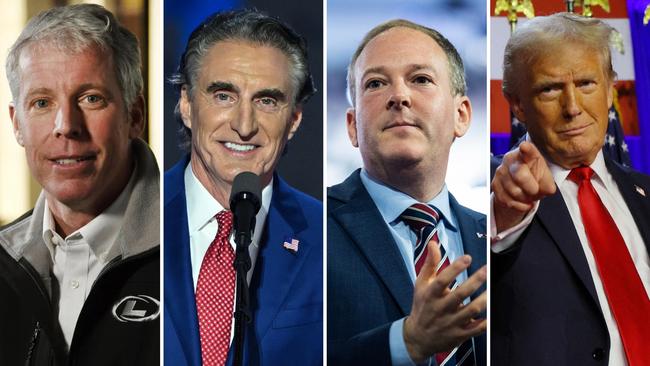
As the eminences of the global climate change crowd gathered in Baku, Azerbaijan this week for the Cop29 summit, a small handful of less familiar figures were making the pilgrimage to Mar-a-Lago, Palm Beach, Florida, on the other side of the world.
With due deference to the self-anointed environmental superheroes who have spent years telling us how to save the planet, it’s likely that these new characters, armed with radically different ideas, will be the ones that actually drive the global climate agenda for the foreseeable future.
Chris Wright, Doug Burgum and Lee Zeldin, under the authority of a newly reinstalled President Donald Trump, are about to embark on the most aggressive campaign of repudiation of the environmental consensus that has held western governments in its grip for the past two decades. In the process they and the US administration are out to reset the entire debate about global warming, shattering the already fracturing international comity about the future of energy use.
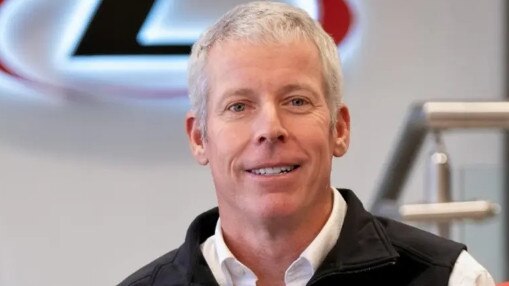
Wright was nominated last week by Trump to be US energy secretary. Chief executive of America’s second largest fracking company, he has said there is “no climate crisis” and is committed to maximum exploitation of the vast resources of oil and natural gas on which the US sits.
Burgum, another successful businessman who is also the governor of North Dakota where he has eagerly opened up opportunities for oil and gas exploration, has been nominated as interior secretary, a critical position in the development of fossil fuel resources underneath the trillions of acres of federally owned land in the US.
Zeldin, a former New York congressman and a fierce proponent of government deregulation, especially in the energy sector, has been named as administrator of the Environmental Protection Agency, the body that regulates, or in this case almost certainly doesn’t regulate, businesses over their environmental impact.
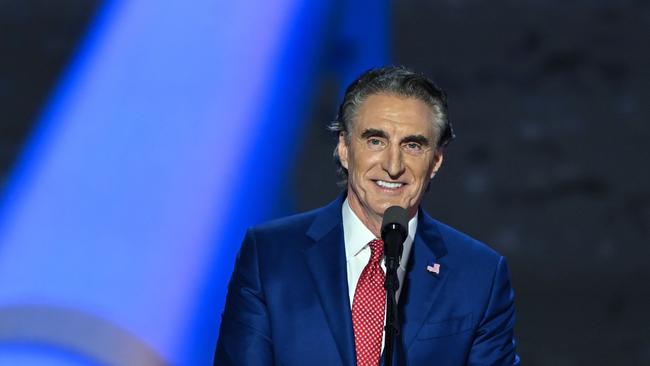
The triumvirate of passionate fossil fuel facilitators will implement Trump’s promise to go for broke on fossil fuel production in the US, reversing the constraints on development that the Biden administration has placed in the past four years and dealing a serious blow to the global climate change and renewable energy regime.
But the Trump administration’s embrace of traditional energy will go beyond “Drill, baby, drill” and the prospect of releasing massive fossil fuel resources into the economy. Trump’s key advisers see rapid development of abundant US energy resources as critical in helping face two big economic challenges the new administration must contend with.
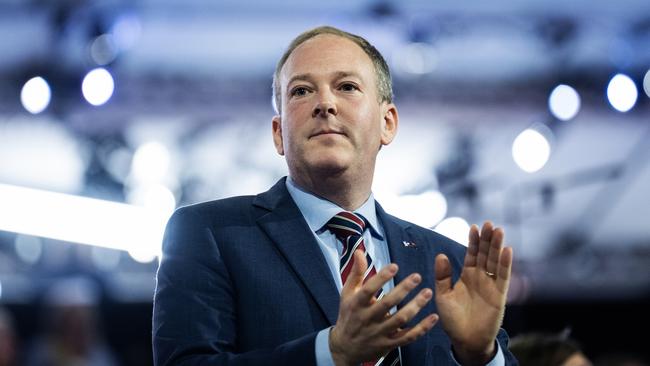
First, inflation. While the rate of price increases has come down from its recent peak, data this week showed inflation still stubbornly above where policymakers want it to be. Increasing US energy supply from the current roughly 13 million barrels a day, assuming it can be done at prices that make economic sense for extractors, should help keep overall prices low.
As Larry Kudlow, who was chairman of Trump’s national economic council in his first term and has been advising the president elect in the last two weeks, told me this week, “There’s no reason why you can’t start producing over a period of a couple years 15, 16, 17 million barrels of oil a day, which would obviously bring down the price of energy, bring down the price of gasoline... That’s counter-inflationary, and would be pro-growth.”
A renewed focus on traditional energy and reduced promotion of greener alternatives will also help Trump with his other big economic challenge - tight budget constraints. He is committed to a big tax cut next year to help bolster US growth but with a deficit already at dollars 1,500 billion, or almost 7 per cent of GDP, he will need to find spending cuts to minimise the risk of blowing up the debt.
Elon Musk and Vivek Ramaswamy have been appointed to informal roles in charge of a new Department of Governmental Efficiency (DOGE) with a mandate to slash spending where they can. One immediate target they have identified is the big subsidies in Biden’s Inflation Reduction Act for green energy projects. It’s a curious irony that these economies may involve eliminating the dollars 7,500 subsidy for the purchase of electric vehicles, of which Musk’s Tesla is the leading manufacturer. But there are other green spending projects Trump’s team will happily eliminate.
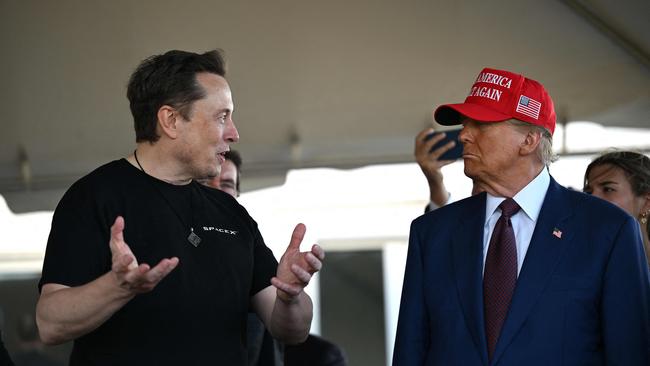
European governments might breathe a sigh of relief that US federal subsidies will no longer support US green energy, and the move may produce a more level playing field across the Atlantic. But the wider implications of all this for the global climate change debate are vast. First, it should be noted that it won’t make much difference to the planet’s warming. US carbon emissions have been falling sharply as a share of total emissions for years. China is now responsible for three times as much and India is rapidly catching up. In fact US carbon emissions per capita last year were back to pre-Second World War levels, thanks to much more efficient use of energy.
The real question will be whether the US dash for energy-fuelled growth will finally kick in the doors of the climate consensus. With even faster growth fuelled by abundant energy supplies, the US could move deeper into a virtuous economic circle. Low energy costs help bolster growth, which will expand and intensify the investment boom the US has been enjoying in the past few years. Much of that investment is deployed in the development of AI, among whose richest dividends is a flowering of solutions for improving energy efficiency and climate-mitigation technologies.
As America’s technological and economic lead over Europe grows, the question for Europeans will be: how much longer do they want to go on committing economic suicide with punishing emissions restrictions that undermine their own economic performance and make only a small dent in global emissions?
The Times


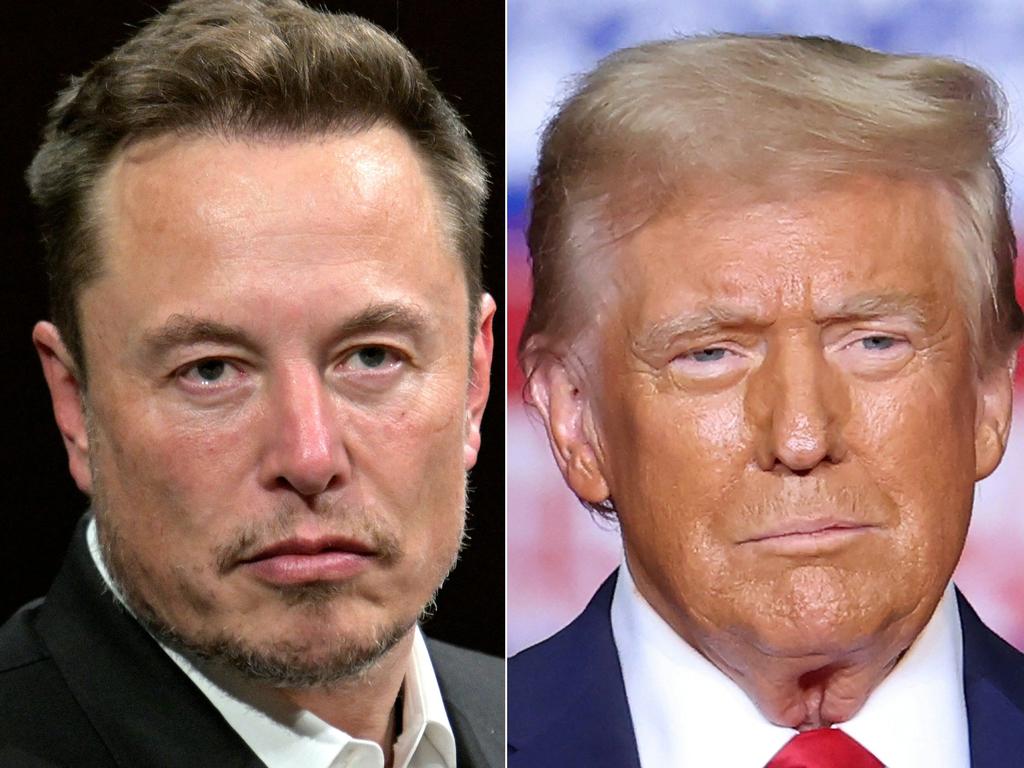

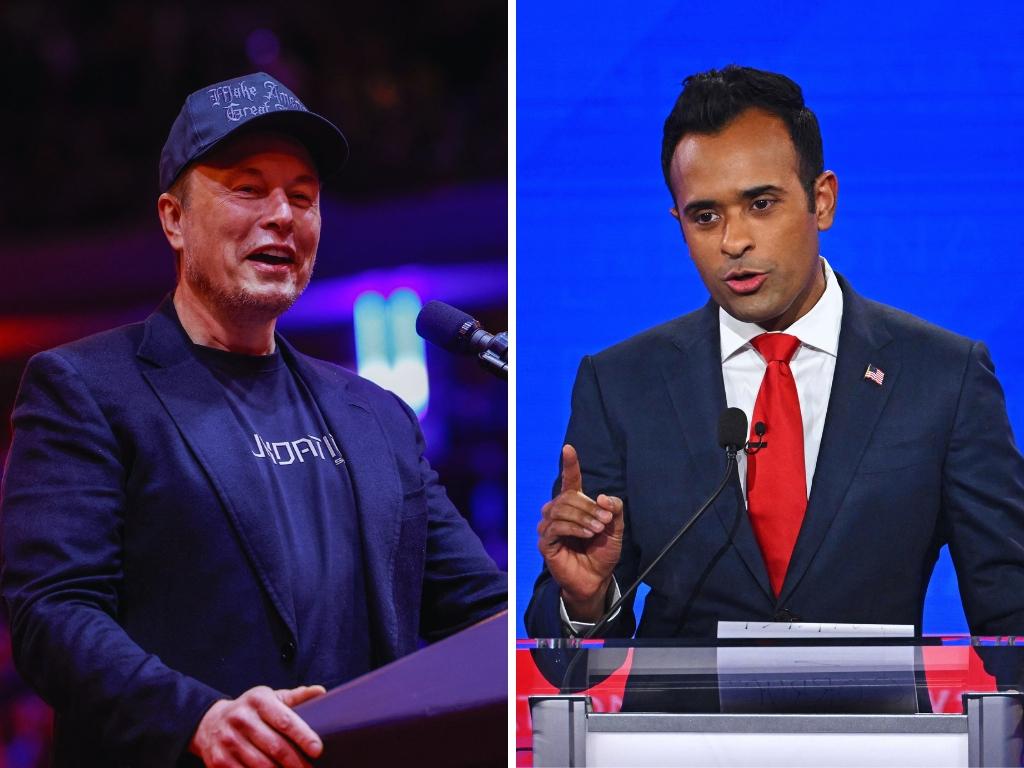

To join the conversation, please log in. Don't have an account? Register
Join the conversation, you are commenting as Logout